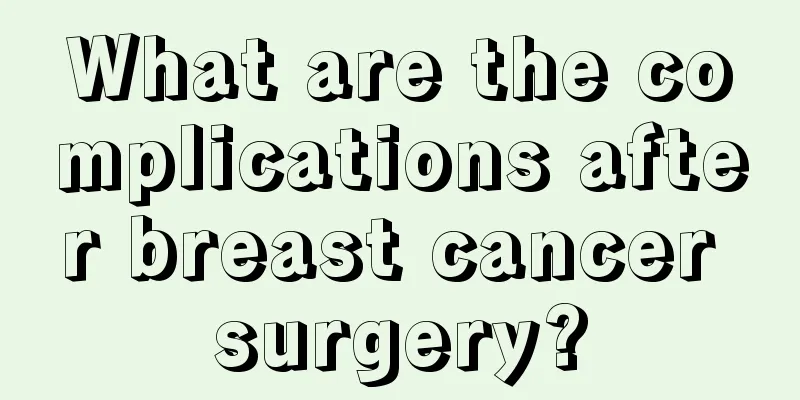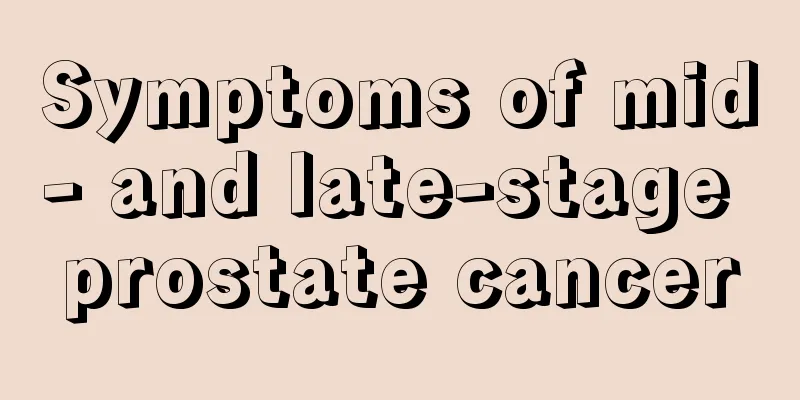The dangers of mouth breathing

|
For those patients with rhinitis, they often feel that their noses are blocked, especially when they are lying in bed at night, their noses are blocked and they can't breathe, so most people choose to breathe through their mouths. In fact, breathing through the mouth is not right for our respiratory system, because there is nothing in the mouth, and it is very likely to breathe in some small particles in the air. So what are the dangers of breathing with your mouth open? Children who suffer from diseases such as adenoids hypertrophy, rhinitis, and severe nasal septum deviation will have poor ventilation due to partial or complete blockage of the nasal cavity or posterior nasal cavity, so they will breathe through their mouths, which can cause the child to suffer from mandibular protrusion deformity. The cause of the disease is the unconscious habit of mouth breathing. Some people have normal nasal cavity but still breathe through the mouth. Over time, mouth breathing continues and the habit of mouth breathing is formed. Nasal diseases such as chronic rhinitis, nasal concha hypertrophy, nasal polyps, deviated nasal septum or sinusitis can cause partial or complete obstruction of the respiratory tract, requiring mouth breathing. 1. Nasal diseases such as chronic rhinitis, nasal concha hypertrophy, nasal polyps, deviated nasal septum or sinusitis can cause partial or complete obstruction of the respiratory tract, and mouth breathing should be used instead. 2. Unconsciously developed mouth breathing habits. Some people have normal nasal cavities, but still breathe through their mouths. Over time, mouth breathing continues and they develop a habit of mouth breathing. 3. Enlarged tonsils and adenoids. examine (1) The child breathes through the mouth, and sometimes a typical adenoid facies can be seen. (2) Oropharyngeal examination reveals a high and narrow hard palate, viscous secretions flowing from the nasopharynx, and enlarged palatine tonsils. (3) Anterior rhinoscopy can reveal a large amount of secretions in the nasal cavity and swollen mucosa. (4) Fiberoptic nasopharyngeal endoscopy can reveal lobed lymphoid tissue with longitudinal fissures on the surface at the top and posterior wall of the nasopharynx, resembling half a peeled orange. Often more than two-thirds of the posterior nasal passage is blocked. This is currently the most commonly used method for adenoids examination. (5) Lateral nasopharyngeal radiograph: can measure the degree of obstruction of the nasopharyngeal airway. (6) Palpation: Use your fingers to palpate the nasopharynx. Soft masses may be felt on the top and posterior wall of the nasopharynx. (7) CT: CT axial images show deformation and narrowing of the nasopharyngeal air cavity, thickening of the posterior wall soft tissue, and uniform density. |
<<: What are the taboos in acupuncture
>>: Height increase at 35 years old
Recommend
Compound lactic acid bacteria capsules, the first choice for patients with diarrhea
Every time the seasons change, many people will s...
The difference between fetal chrysanthemum, tribute chrysanthemum and chrysanthemum
The differences between Taiju, Gongju and Hangbai...
What are the symptoms of a black tongue coating? How to regulate
Black tongue coating is a common clinical symptom...
To prevent colorectal cancer, you must endure hardships, be vigilant, and check frequently
Rectal cancer is a type of cancer caused by eatin...
Precautions for holding urine during test tube transplantation
Children are very important to a family. They can...
How long does it take for the second ultrasonic scalpel treatment
Nowadays, women generally love beauty and like to...
Does skin cancer cause itchy skin?
Skin cancer is a malignant tumor and is not easy ...
Do I need to be hospitalized for medical abortion
Medical abortion is a method of abortion performe...
What are the clinical symptoms of liver cancer? 5 clinical symptoms of liver cancer
Many of us are familiar with liver cancer now. Th...
How to treat blackheads and acne
Many people have certain things growing on their ...
What to do with a swollen belly
The cause of lower abdominal distension may be le...
How does radiotherapy treat lymphoma?
The mortality rate of lymphoma is very high, and ...
What gifts do girls hope to receive_What gifts do girls like to receive
Probably the thing girls want to receive most is ...
Sore throat with white lumps inside
Many people often have sore throats, coughs, and ...
How to prevent recurrence of clear cell testicular cancer
Patients with testicular cancer are in great pain...









